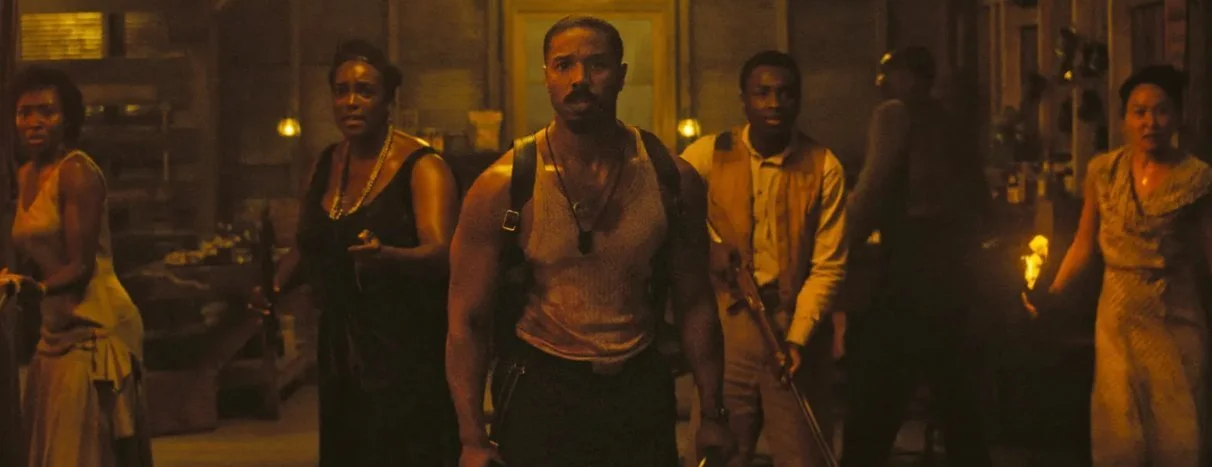[Review originally posted this past January at the Sundance Film Festival]
Not to carp on about it, but the new wave of indie arthouse horror, but has really tapped into something primal in our culture. Using formal rigor and a kind of patience that’s the opposite of jump scares, this new movement is bound by its collective desire to use atmospherics to unsettle us emotionally and psychological on a much deeper level. It’s a different kind of fear and one not traditionally scary in the boo! gotcha! sense, but in general, it’s so much more long-lasting and at its, best profoundly disturbing.
With that said, filmmaker Lee Cronin‘s “The Hole in the Ground” has good intentions, hopes to provide something deeper and wants to be part of that cool kid’s scene that’s currently breaking the rules of narrative horror. But at the end of the day, for all its mood, this tale of a mother fearing her young son’s increasingly erratic and disturbing behavior in small-town Ireland, has all the hallmarks of conventionality hidden in the cracks of its visually stylized frames. Its only major saving grace is a terrorizing finale which only demonstrates a potential the movie never really fulfills.
After divorcing her husband, Sarah (Seána Kerslake) and her son Chris (James Quinn Markey) escape their old town in hopes of a new life in rural Ireland. The cottage they find, which hosts all the typical hallmarks of a horror dwelling, features the commonplace creepy details you’ve seen a million times in the past: an eerie basement, a terrible lighting system, elongated hallways, creaky floors and more. You can also add the disturbing, very old, next-door neighbor, Noreen Brady (Aki Kaurismäki regular Kati Outinen), who has a knack for standing in the middle of the road for now apparent reason. Sounds familiar?
The real issue, however, as the title suggests, is the major sinkhole akin to a miniature Grand Canyon, that resides right next door to this cottage home, following a brief walk through the unnerving woods. Once the boy, Chris, finds the hole, his behavior begins to change, becoming violent and his mother begins to question if this is actually her son or some new sinister entity.
These “evil and possessed” kids horror clichés, are easily traced back to classics such as “The Exorcist” and “The Omen,” but not much is done to push the forward. Filled with tense ambiguity, the initial setup does lure you in, but familiarity soon seeps in. And Cronin is moving towards becomes rather obvious, especially with his intentionally unsubtle knack for jump scares, which seem to occur like clockwork after every other scene.
“Hole In The Ground” at least fares better with its performances. Kerslake, who’s been in mostly Irish productions so far, has the kind of aura to make for a breakout out some point. She is quite good in a role that asks her to be emotionally vulnerable and quiver with tangible raw panic. Ditto Markey as Chris. In a role that could have easily been overplayed, the young boy shows a gift for finding the right tone to his character, despite the script’s conventions.
Cronin, and his co-writer Stephen Shields‘ screenplay is clunky, but thematically, the core idea is sound: the idea of losing a child in any capacity, to an evil force or otherwise, is terrifying. It’s in that basic concept where the movie earns its most mileage. It’s the stuff nightmares for any parent, but it’s simply been done better countless times before.
“Hole In The Ground’ digs a little deeper in its third act, switching from cheap gotcha scares to a psychological trauma that immerses the viewer into Sarah’s psychological terror while expanding on her post-divorce scars. Stephen McKeon for provides an excellent score too, filled with squealing strings, to build up some kind of atmosphere. The problem is that the pervading ambiance Cronin builds up is one-note and ultimately falls flat in comparison.
Trying to pay tribute to mother/son horror, even as an homage “The Hole in the Ground” feels like business as usual rather imbuing the genre with a much-needed modern edge or new context. Given the peers it wants to emulate and the club it would love to be part of, “The Hole In The Ground” simply suffers from committing the worst sin of digging the most ordinary ditch. [C+]






